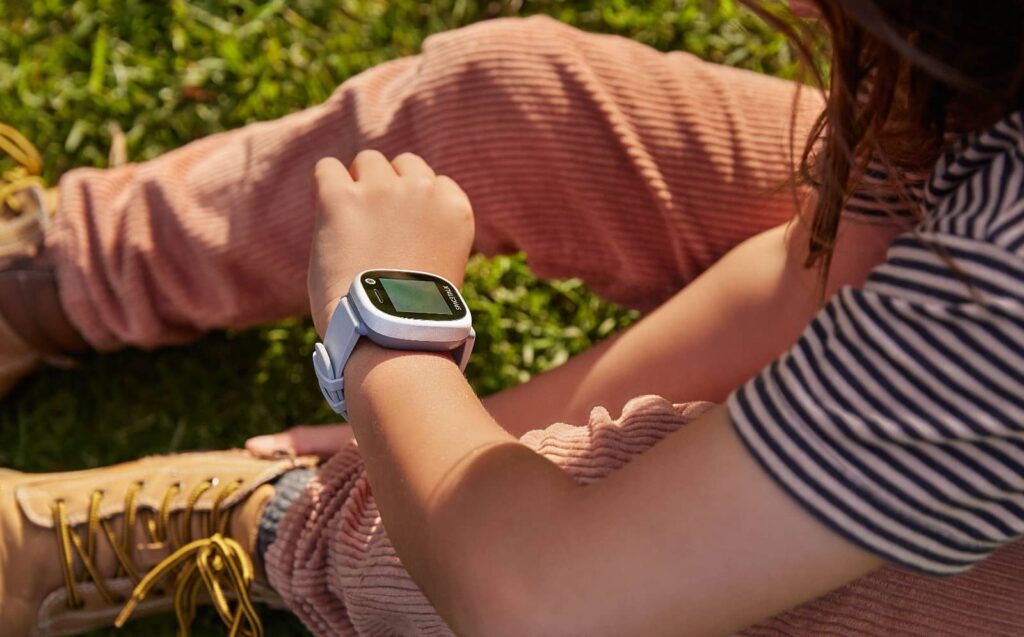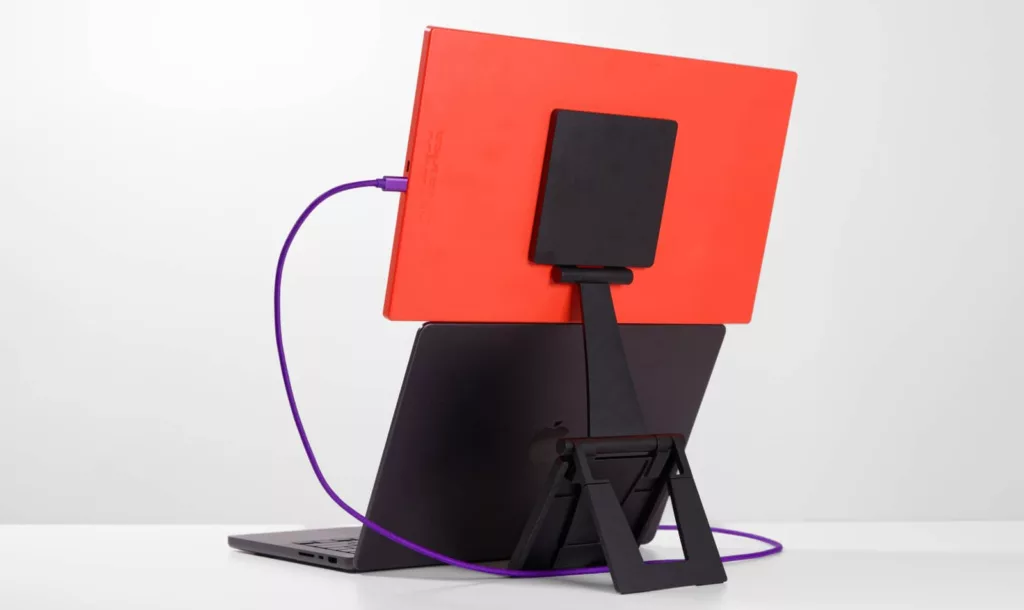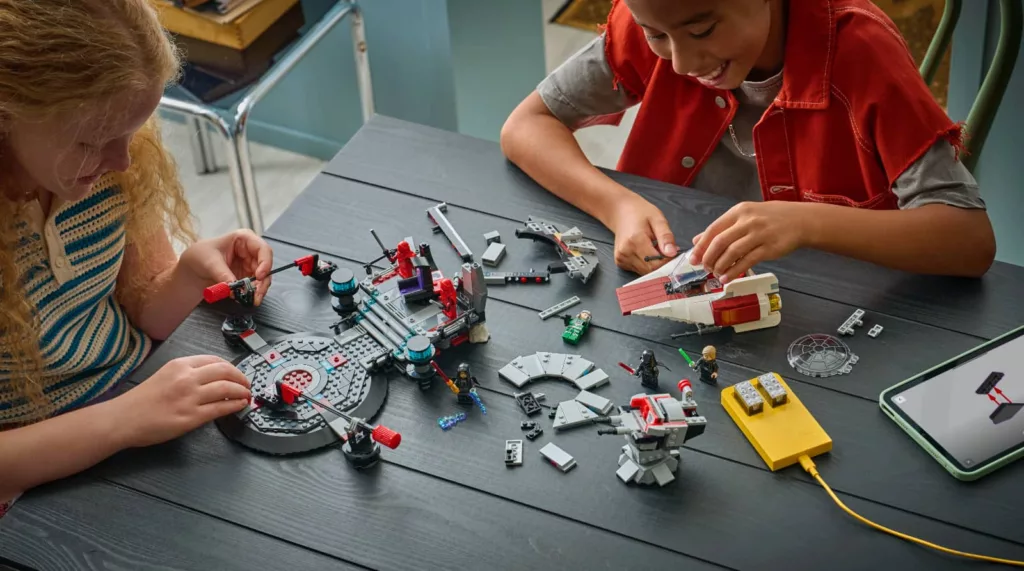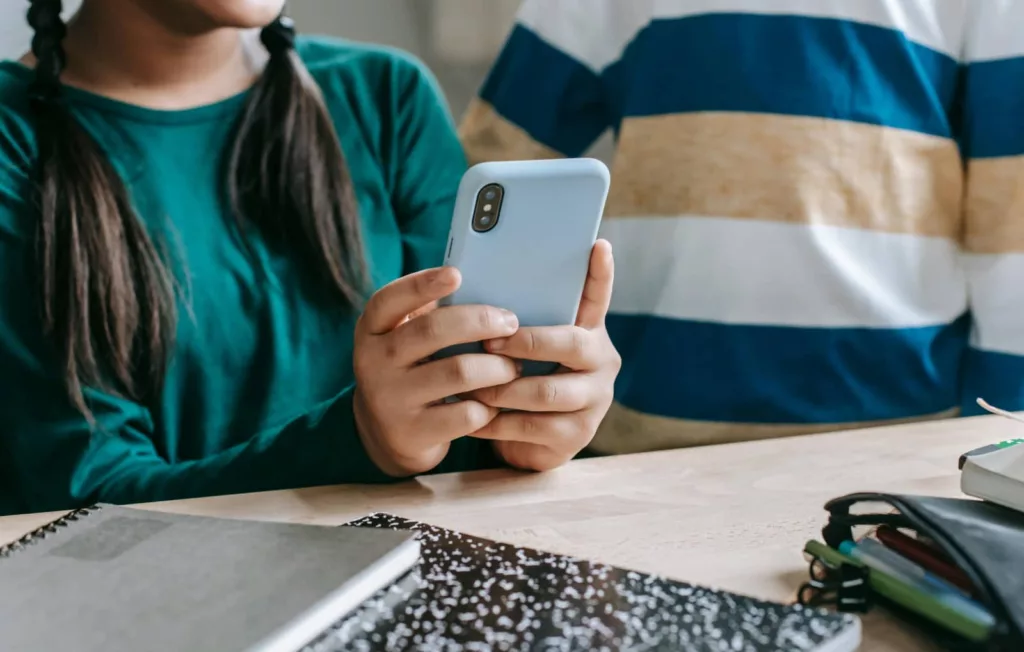It’s been a weird week for Australia’s kid-focused smartwatch company Spacetalk, which launched a new platform with its hopes on what’s to come to a rather unfortunate outcome.
In a situation not unlike the Sonos debacle of 2024, the hopes for the next edition of Spacetalk came with lots of ideas and some ambiguity of expanded features for the service. With the days that followed, however, customers found something a little bit different: a system that stopped working, stopped pairing, and ultimately stopped doing what they had bought the service and hardware to do.
Spacetalk’s platform is made to let parents stay connected with their kids, using a system of apps and smartwatches that allow a guardian to monitor locations and send messages to a phone that exists on a wrist.
It’s an invisible approach to technology designed to be helpful and powerful that makes Spacetalk one of the leaders in its field, and one of Australia’s clever tech exports found around the world.
But what happens when the system fails?
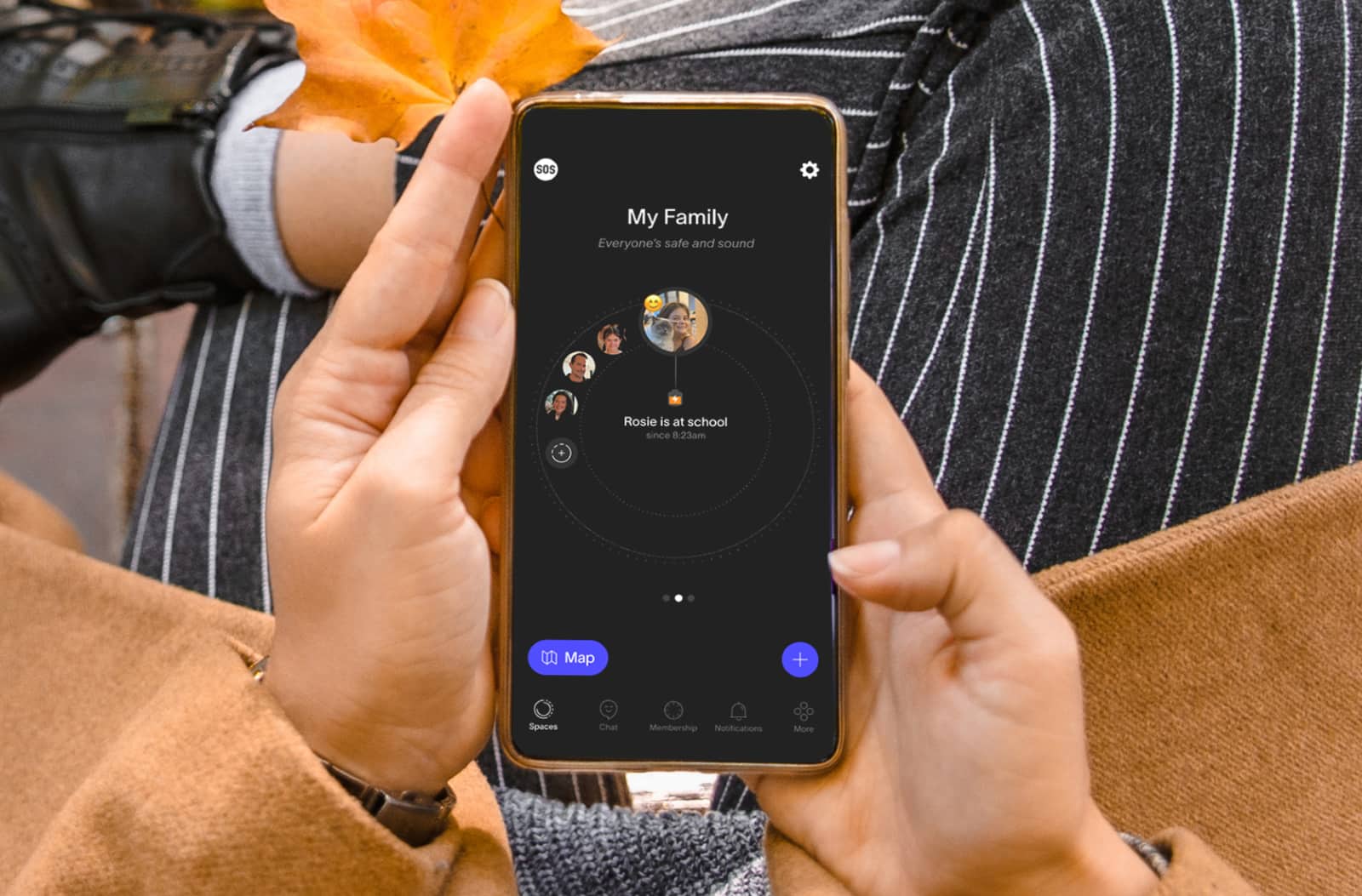
Platform problems
This week, upon roll out of a new platform designed to push the company into the future, that’s exactly what happened. Parents stopped being able to talk to their kids, to synchronise contacts, and both Facebook and Reddit became awash with frustrated and concerned parents, angry because their service suddenly and inexplicably stopped working.
A bad news at the worst time is the worst kind of news state of affairs. Get out the pitchforks, people; customers weren’t happy.
“To be perfectly frank, things have not gone as according to plan,” said Simon Crowther, CEO of Spacetalk, in an interview with Pickr. “I’m confident we’re across it now. We’ve got various fixes going out as we speak and also later on today as well.
“We unreservedly apologise for what’s happened to our customers,” he said.
“But I’m very focussed on getting through this and over time, making our customers realise that those who choose to use our software going forward will ultimately experience something far more stable, far quicker, and our ability to offer them far more value.”
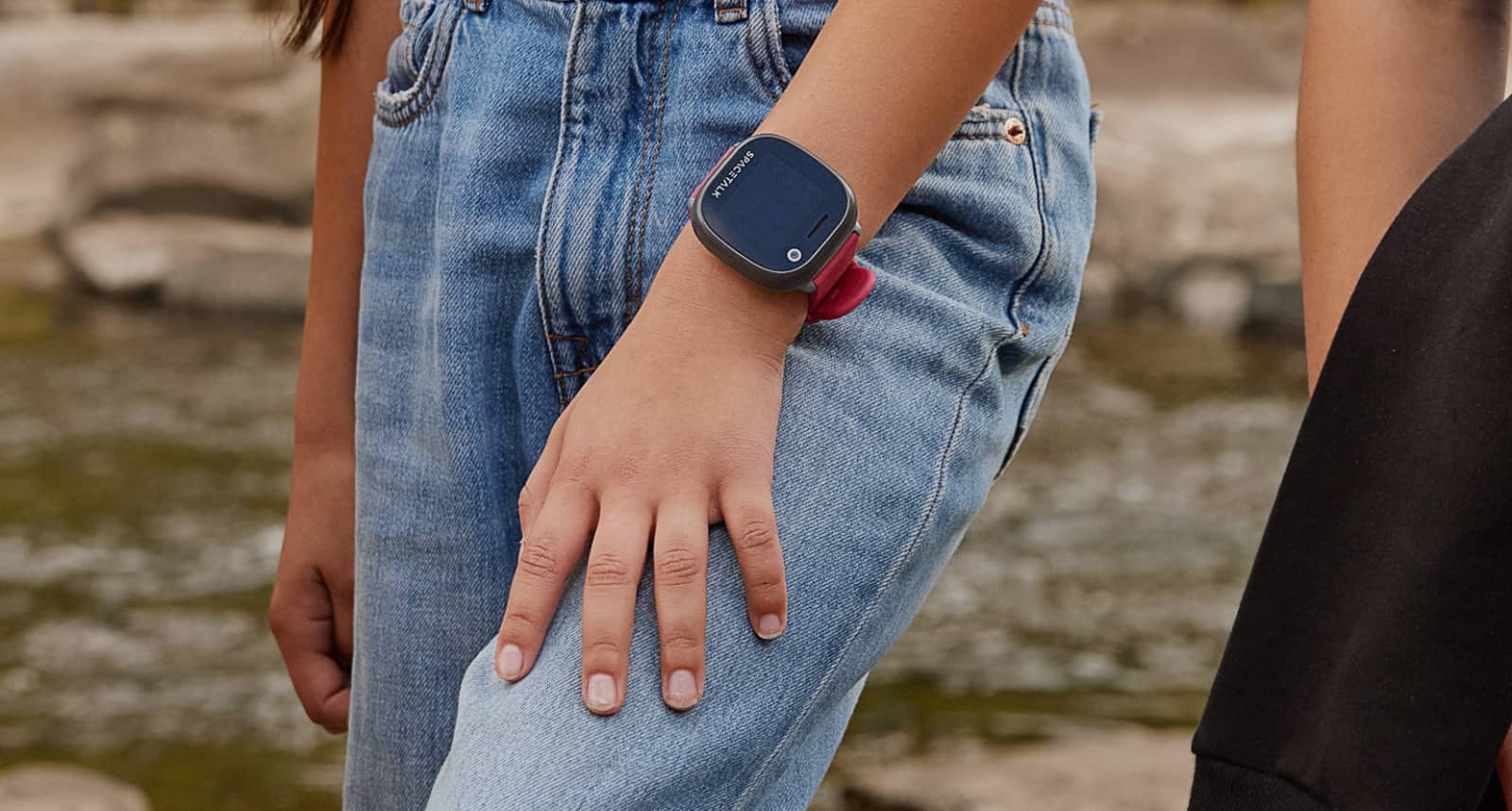
Platform promises
The promise of Spacetalk’s future had come from this platform, a massive change that made the hardware greater than merely an app connected to a watch, or even a few watches for a few kids.
Spacetalk told Pickr the change was a huge undertaking, and one that included massive technical feats designed to expand the system with more features simply beyond connecting to a watch remotely, checking a location, and leaving a message.
Instead, imagine an app that can work on other devices not made by Spacetalk, but still offering the same sort of parent connection with location monitoring, easy contact, and the ability to block or prevent types of media from landing on the phone in the first place.
You’d be able to do this on an iPhone, such as the kind you might get for your teen or tween, or even a hand-me-down from when you upgrade and pass your old model to them. It’s the same phone — it would still be the phone the kids actually want — but with a parental connection that affords guardians the chance to still be a parent and shield their kids from unwanted imagery and videos.
It’s not unlike the promise of phones like the HMD Fuse, but with a phone a teenager would actually want.
Currently, Spacetalk is mostly geared at kids under the age of 11, encasing smartphone technology in a savvy watch designed for kids to take with them all too easily. But while the tech is cool for a child, tweens and teens are more likely to look at it, roll their eyes, and leave it at home.
Spacetalk watches are no Apple Watch, nor are they as savvy as a Pixel, a Galaxy, a foldable, or an iPhone. You know, the devices teens will actually think are cool and will want to use.
You can’t hand a teen any old phone or device and expect them to use it. That’s not how life works. And these days, Apple makes a mode on its Apple Watch for kids and teens, so there’s a possibility that parents will be persuaded to get one of those.
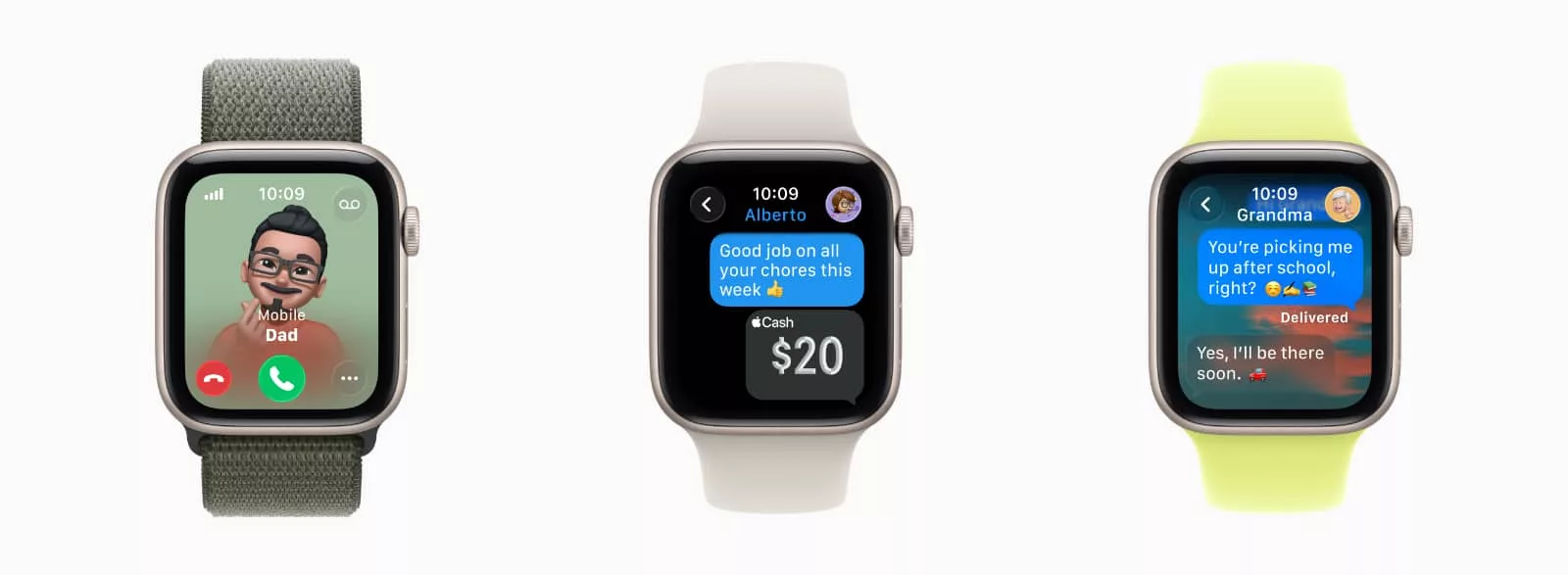
Platform possibilities
Instead of merely making a watch for kids and parents, Spacetalk’s future approach is to remake its platform to do more, and to work on any other device. Apps on Android and iPhone, and even an Apple Watch app on the way.
Eventually, the system will reportedly be able to work on other devices to filter inappropriate media, to prevent access to websites and content covering gambling and pornography, and to let the parent be the parent where it counts.
“Our objective is to be able to partner with a parent and offer them a suite of tools that are designed for the next stage of [a child’s] journey in life,” he said, noting the tween and teen stages.
“We’re going to offer the parent a series of very intuitive, easy profiles, and they can apply that to their tween or teen,” said Crowther.
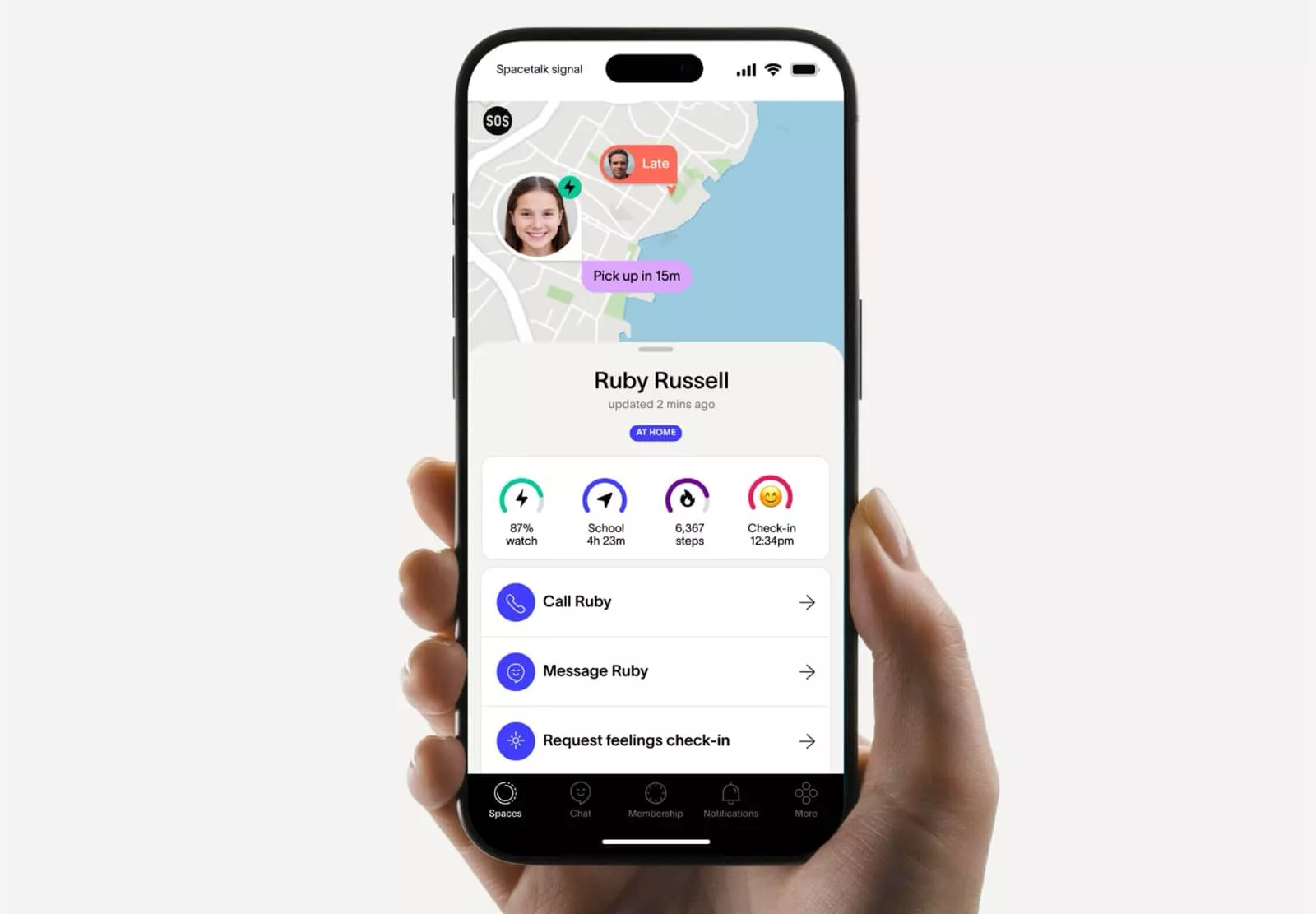
For parents, that could end up being a big deal, because it means the mobile journey supported by parents doesn’t have to stop when a child moves beyond the basic phone and wearable Spacetalk started them on.
Parents will merely need to snap out the SIM and move it to a new device, bringing the same info and photos and familial connection to something else connected to their kids.
In the lead-up to the December 10 social media ban, it all seems all too easy and incredibly on topic and brand.
But first, the company has to get past these teething issues of platform problems, and making sure its gear works the way it should, and the way it was always supposed to.
“I’m recognising the fact that I know that people are unhappy with us right now. But we will do better going forward.”


